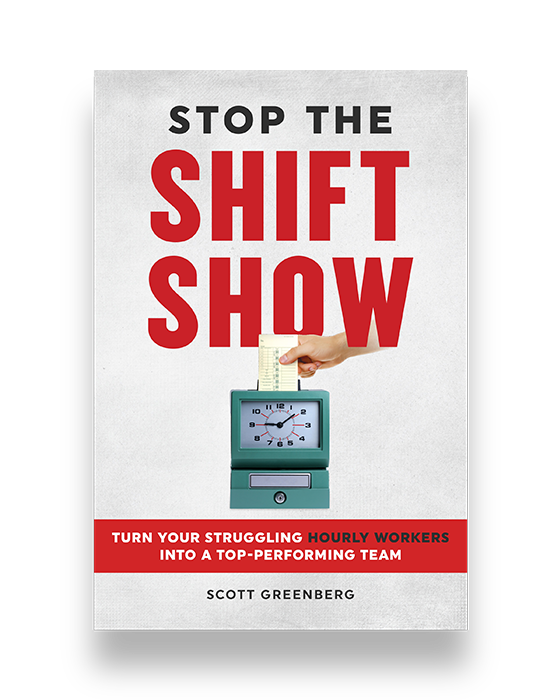As a kid I used to make model airplanes and they never turned out right. I never had the patience to let the glue dry adequately before moving on to the next step. Invariably it would fall apart. Since then I’ve been in a lot of situations when I’ve jumped the gun. I’ve spoken without thinking. I’ve made impulse purchases I couldn’t afford. Worst of all, I’ve tried to find solutions while still freaked out by problems.
There have been other times when I’ve been rewarded for my patience. I’ll never forget the start of the Los Angeles Marathon. When they fired the gun, thousands of competitive runners took off like bullets across the starting line. They were so eager to get a head start that they burned a lot of energy during the first few miles. As I reached mile 12, I saw many of these same people — walking. My pace was slow and steady, and even with a knee injury, I came in ahead of two-thirds of the runners. I learned that long distance running is less about running fast than it is running smart.
As leaders we are told to take action. While I believe this is important, I’m starting to learn that knowing when to remain still can be equally effective. Often we try too hard, do too much and wind up repelling success. Knowing when to be patient allows you to proceed intelligently. By taking action, you plant seeds that will pay off later. However, many of these seeds cannot be rushed to growth. You must give them time to germinate.
My favorite book of all time is James Clavell’s classic novel, Shogun. One of the main characters in the book is a wise Japanese governor named “Toranaga.” When war becomes increasingly imminent, everyone pressures Toranaga to act. But he refuses. His philosophy is that with patience and time, the answers will present themselves. I won’t spoil the ending should you wish to read it. But let’s just say his patience pays off.
So how do you know when to be still and when to take action? If you can be productive and calm, proceed. But if your primary motivation is impatience, or if you’re feeling urgency, there’s a good chance that taking a little time will allow you to evaluate your situation more clearly and perform more effectively.
While patience is important, beware of unnecessary hesitancy. In the article Taking Action: Don’t Kick Back – Kick Butt! I examine situations where you’re better off taking swift action.
Some say there’s no better time than the present. I say, there’s no better present than time.
For tips on how to set yourself up for success, check out the Jump Start Leadership Workbooks or The 7 Habits of Highly Effective Teens.
To read more motivation, check the Chicken Soup for the Soul series.




